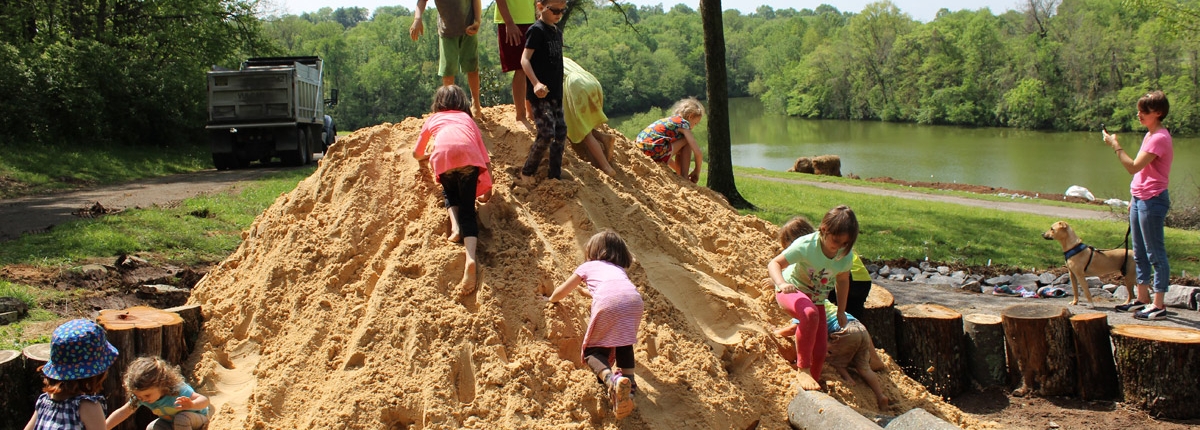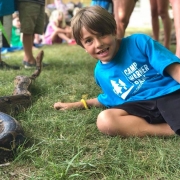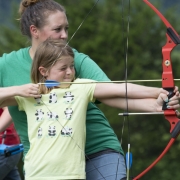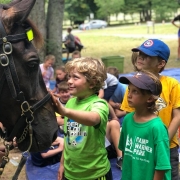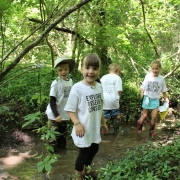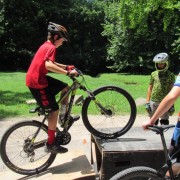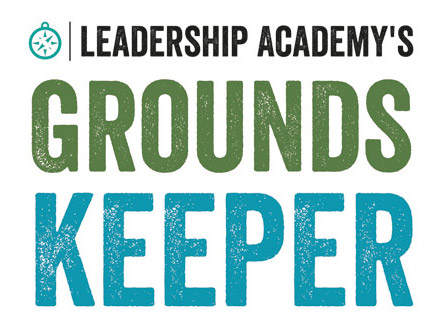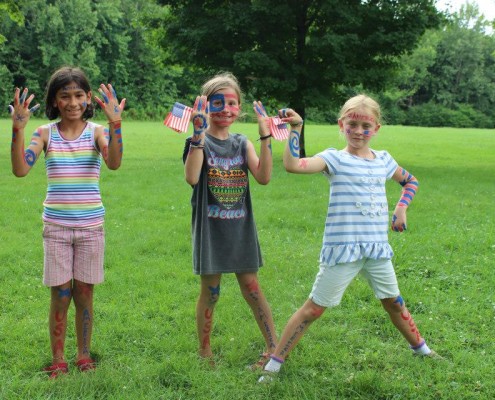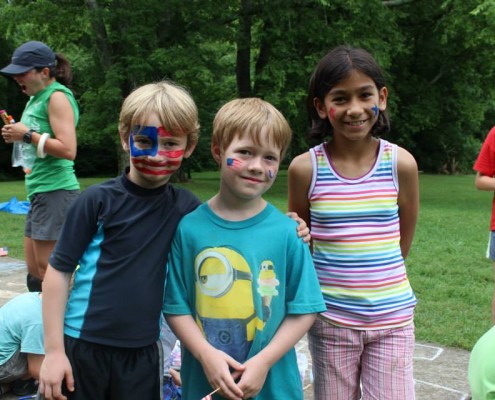Campers Decide It All: Developing an Autonomous Culture at Camp
For parents, teachers, counselors and all grown-ups who care about kids, encouraging autonomy in children is a vital part of guiding our young people toward mature, healthy relationships with themselves and with others. Autonomy – a person’s ability to act on his or her own values and interests – is an integral part of being a whole, independent, free adult in our society.
Getting there can be tricky, though, and today’s kids are facing a problem that makes achieving this independence and freedom even harder. Children spend increasingly less time engaging with one another in self-directed play, free from prescribed rules and adult micromanagement. In fact, many children spend less than 15 minutes a day in free play – much of their time is taken with school (where they are required to be relatively still and quiet for hours at a time), structured extracurricular activities (often scheduled back to back), or TV and video games (activities that keep kids mostly solitary and sedentary). Missing out on this self-directed active play stunts children’s social and emotional development – without it, they lack the basic skills to interact positively with each other.
Solving this problem, as daunting as it may seem, doesn’t have to be complicated. And summer camps can be a huge part of the solution by creating a culture of autonomy. Camp is a great place for kids to play together in collaborative, imaginative ways. At Leadership Academy, we purposely structure our camps so that children can direct activities without adult micromanagement, giving kids an emotionally safe place to practice social skills, build confidence, understand appropriate responses to others and work through conflict with the support of caring counselors.
Autonomous play – letting campers decide what they want to do and how, where and when they want to do it – offers so many benefits:
- Kids develop self-regulation – they identify and manage their own thoughts, feelings, and behaviors.
- Kids cultivate self-efficacy – they strengthen their internal belief that they can be successful at the tasks at hand.
- Kids create a positive self-image and the determination to keep trying in spite of setbacks.
- Kids develop peer communication skills – they learn to express themselves and give voice to their needs and desires while negotiating compromise.
- Kids strengthen their physical and mental health – through unstructured time in nature, they gain a powerful tool to cope with future stresses as they learn how to engage in positive, purposeful activities that make them feel great.
These soft skills are keys to success in life and help our children grow into healthy, happy adults.
At camp, we take a 3-pronged approach to developing autonomy:
- Offer choices.
- Respect opinions.
- Give responsibility.
We offer choices by giving our campers the opportunity to decide how they would like to spend their time. We respect opinions by seeking out kids’ ideas and taking time to listen to them. When kids know that adults respect their abilities and opinions, the kids feel heard and validated – they know that they matter. We give responsibility by requiring campers to be part of daily tasks, including setting up, clean up, camp chores, and responsibility for a particular program area (gardening, arts, and crafts, etc.). This helps kids feel that they are an integral part of what’s going on and that what they do matters.
Two specific philosophies help us build this autonomy into our camp programs – the Full Value Contract and Unstructured by Design. The Full Value Contract is the means whereby we allow campers to develop camp rules and decide how they’ll handle it if those rules aren’t followed (you can read more about this in our post here!). Unstructured by Design is all about allowing campers to decide what to play, how to play, and where and when to play it (you can read more about this soon in an upcoming post!).
Encouraging kids to develop autonomy doesn’t mean allowing a group free-for-all and letting the chips fall where they may. Instead, helping campers grow more autonomous is accomplished through well-researched philosophy and purposeful design. At Leadership Academy summer camps, our campers decide it all. Together with our supportive camp staff, they go outside, work through their own mistakes, and learn to figure things out for themselves – and each day is another step toward becoming confident, competent, autonomous adults.

